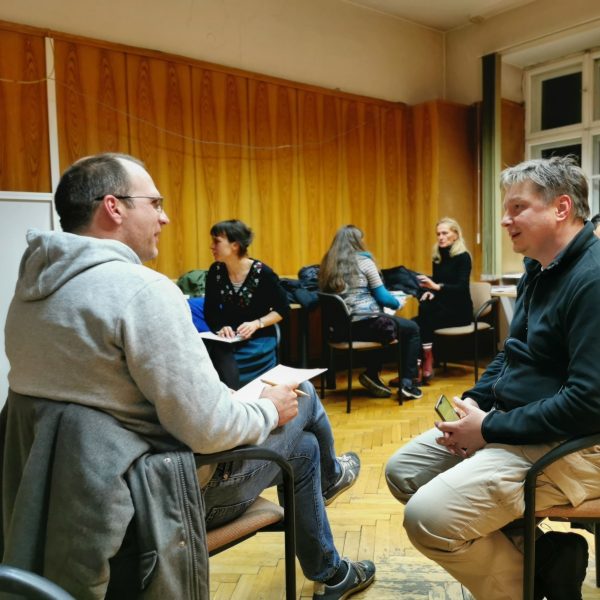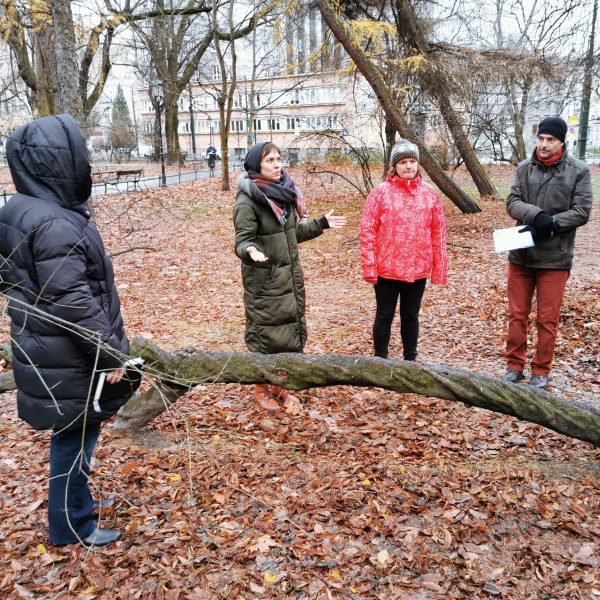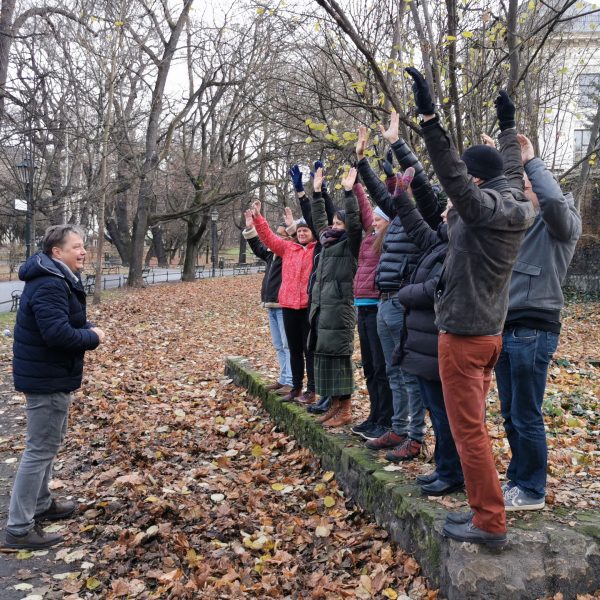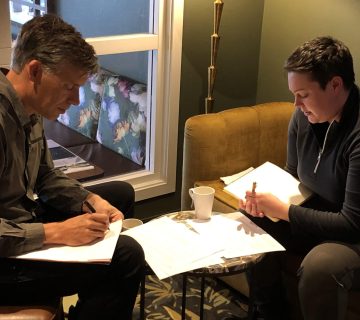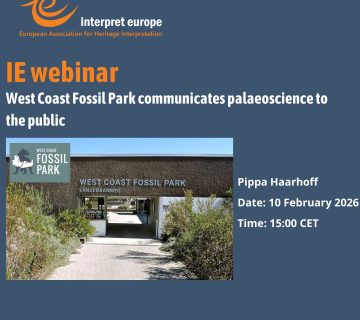Four unforgettable IE days were spent in Krakow, Poland, when IE’s Certified Interpretive Trainer (CIT) course took place.
The four days of the recent Certified Interpretive Trainer (CIT) course and trainer’s upgrade courses for Certified Interpretive Guide (CIG) and Certified Interpretive Writer (CIW), will last in the memory of the participants for the rest of their lives. The keywords for the success of these events were: capacity building and teamwork.
It all happened between 29 November to 2 December. Participants felt the warmest welcome of our Polish colleagues, particularly Joanna Hajduk, who helped us in every detail of our stay in Krakow from the first moment. But a special thanks is also due to the Malopolska Institute of Culture (MIK) in Krakow, which was responsible for organising the event, ‘Interpret Visegrad – Development of skills in heritage interpretation within the V4 countries. And all went well. They even exceeded our expectations: the accommodation was comfortable, the food was delicious, the venue was cosy. In a nutshell, everything went smoothly in the picturesque environment of old Krakow (such a beautiful town!) with its historic main square, its Christmas market and many tasty local specialties.
But let’s go back to our courses. First of all, the friendly atmosphere during the four days we were together should be mentioned. Our trainers, Valya Stergioti, Thorsten Ludwig and Max Dubravko Fijacko, really stimulated our creativity, keeping up the energy of the trainees, connecting them with the environment, the park and the old town where all our practical training took place and giving us a totally positive learning experience. The professionalism of the trainers contributed above all for the evolution of the trainees, but no less important was the personal feed of the trainees themselves, who shared their own life and professional experiences, constantly helping one another to achieve the goals of each exercise and of the course in a global perspective. Both in theoretical and operational exercises, there were always two different forms of communication: trainers with trainees, and trainees with trainees. This is the base of IE’s unique learning system.
If you ask the trainees if they were feeling tired at the end of the course, they will invariably answer “Yes, we were almost brainless!” In fact, there is a lot of theory to assimilate, our discussions were quite inspiring, there was much work to process, and a long but challenging homework to put together. Surely, it was worth studying with IE and being part of its network.
Miguel Brito is a senior lecturer at Estoril Higher Institute for Hospitality and Tourism Studies (ESHTE). He teaches Italian Language and Culture, Communication Techniques and Heritage Interpretation. He was a tourist guide and tour manager from 1983 to 2001 and a travel agent from 1987 to 1988. He has written several papers on guiding and a book entitled: Tourist Information, the Art of the Tourist Guide: Between the Culture of the Tourist and the Destination.
Miguel can be contacted at: Miguel.brito@eshte.pt.
To cite this article: Brito, Miguel (2021) ‘CIT in Krakow’ in Interpret Europe Newsletter 4-2021, pg.15
Available online: https://interpret-europe.net/wp-content/uploads/2021/12/Newsletter-Winter-2021.pdf

